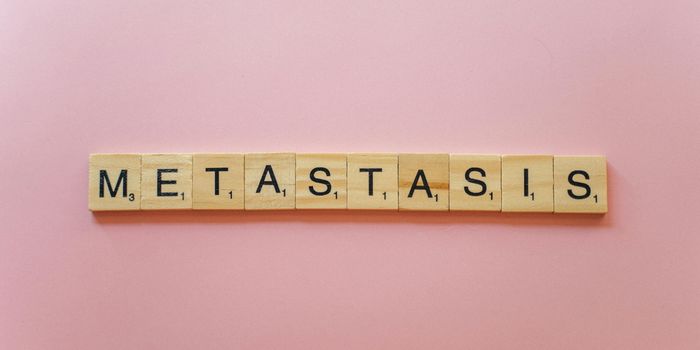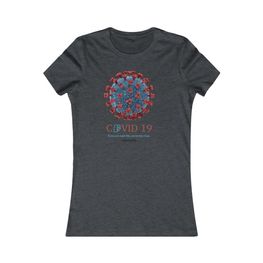Chinese herbal medicines have been used to treat various ailments for centuries. Some appear to be completely bogus (snake oil, literally), while others seem to be effective through anecdotal evidence. Now, for the first time, researchers offer
scientific evidence of how a traditional Chinese herb treatment works to kill cancer cells. The Western proof validates this Eastern medicine, and underscores the complexity and hidden efficacy behind natural treatments.

"Most Traditional Chinese Medicine are based on hundreds or thousands of years of experience with their use in China," said David Adelson, professor at the University of Adelaide who led the study. "There is often plenty of evidence that these medicines have a therapeutic benefit, but there isn't the understanding of how or why.
In the case of cancer, the extracts of two roots, Kushen and Baituling, have been approved in China to treat tumors from various cancer types. The herbs are often given in conjunction to Western chemotherapy. But what pathways do these plant-derived molecules affect and do they really kill cancer cells?
Adelson and his team explored these questions by treating a human breast cancer cell line with the plan extracts, termed Compound Kushen injection (CKI). They observed that the treatment induced cancer cell death and slowed down cancer proliferation. Furthermore, gene analysis of the treated cells revealed that the molecules affected well-known cancer pathways.
"We showed that the patterns of gene expression triggered by CKI affect the same pathways as western chemotherapy but by acting on different genes in the same pathways," says Professor Adelson. "These genes regulate the cell cycle of division and death, and it seems that CKI alters the way the cell cycle is regulated to push cancer cells down the cell death pathway, therefore killing the cells."
"If we broke down and tested the components of many Traditional Chinese Medicines, we would find that individual compounds don't have much activity on their own. It's the combination of compounds which can be effective, and potentially means few side-effects as well,” said Adelson.
The results show true scientific merit behind the Chinese herbs. But here is an interesting question to ponder: Why are we so surprised at this result? If a big pharmaceutical company had announced the anti-cancer effects of these plant-derived compounds, perhaps people wouldn’t think the results to be as exotic. And the dubious factor of the results would arguably be much lower.
The irony is that many big pharmaceutical companies are heading towards more plant-derived compounds – the Chinese just happened to have been exploring this arena for thousands of years. But yet, we somehow perceive “plant-derived compounds” and “Chinese herbal medicine” as two different entities with perhaps equally unfounded trust or doubt.
Additional source: University of Adelaid via
EurekAlert!


















































